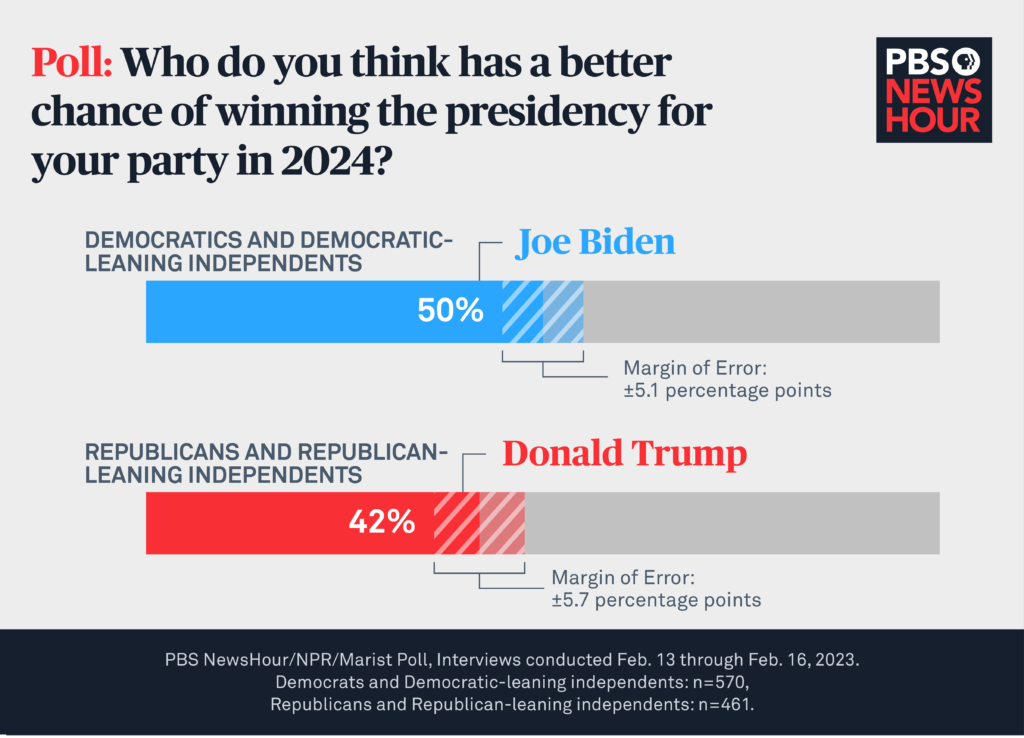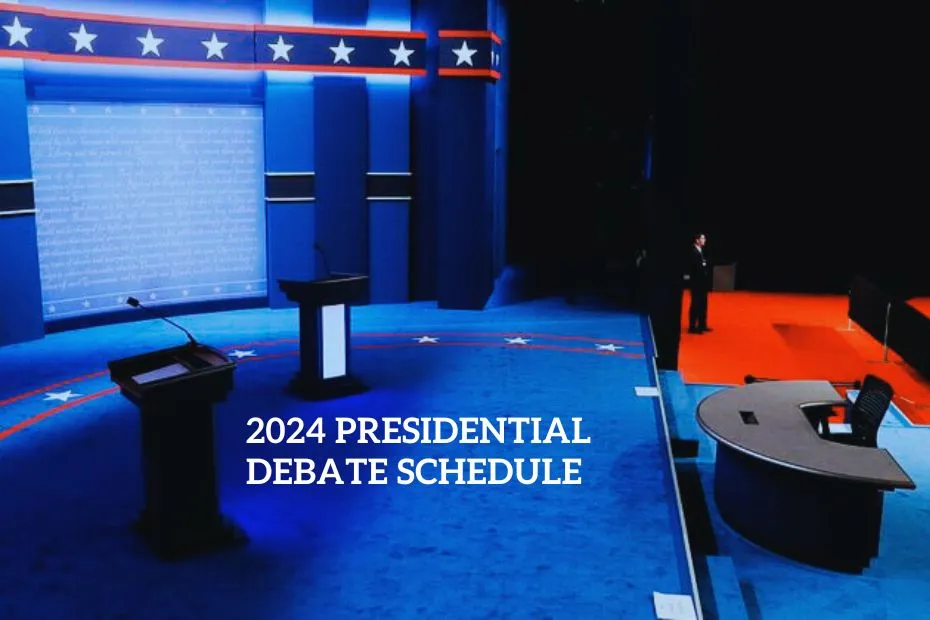History of Presidential Debates: Presidential Debate Dates

Presidential debates have become a cornerstone of American political campaigns, offering voters a platform to directly compare candidates’ stances on critical issues. This tradition, however, has evolved significantly over time, reflecting changes in media, technology, and the political landscape.
Early Debates
The first formal presidential debates in the United States took place in 1960 between John F. Kennedy and Richard Nixon. These debates were a landmark event, marking the first time that presidential candidates faced off directly in a televised format. Prior to 1960, candidates primarily relied on radio broadcasts and newspaper articles to reach the public.
“The 1960 debates were a watershed moment in American politics, ushering in a new era of televised political discourse.” – *The American Presidency Project*
The 1960 debates were a watershed moment in American politics, ushering in a new era of televised political discourse. The televised format allowed voters to see and hear the candidates directly, fostering a more intimate connection and influencing their perceptions. Analysts believe that Kennedy’s youthful appearance and charisma on television may have given him an advantage over Nixon, who appeared pale and nervous.
Evolution of Debate Formats
The format of presidential debates has evolved significantly since 1960. The introduction of town hall meetings in the 1990s allowed for a more interactive format, with questions posed by ordinary citizens. This shift aimed to provide a more direct connection between candidates and voters, moving beyond traditional question-and-answer sessions.
- Town Hall Meetings: Introduced in the 1990s, town hall meetings provided a more interactive format for debates, allowing for questions from ordinary citizens. This shift aimed to provide a more direct connection between candidates and voters, moving beyond traditional question-and-answer sessions.
- Social Media Integration: The rise of social media has also impacted presidential debates. Candidates now frequently use social media platforms to engage with voters, share their views, and respond to criticism. Social media has also become a platform for real-time commentary and analysis of debates.
Importance of Presidential Debates

Presidential debates are a cornerstone of American democracy, providing a platform for voters to directly observe and compare the candidates vying for the highest office. These events offer a unique opportunity for the electorate to assess the candidates’ qualifications, policies, and personalities, ultimately influencing voter decisions and shaping the political landscape.
Influence on Public Opinion and Voter Decisions
Presidential debates have a significant impact on public opinion and voter decisions. By showcasing the candidates’ strengths and weaknesses, debates can sway undecided voters and reinforce the views of those who have already made up their minds. For example, the 1960 Nixon-Kennedy debate, the first televised presidential debate, is widely believed to have helped Kennedy win the election by highlighting his charisma and presence on television. Studies have shown that debates can increase voter knowledge about the candidates and their positions on key issues, leading to more informed voting decisions.
Informing the Electorate About Candidates’ Positions on Key Issues, Presidential debate dates
Debates serve as a crucial forum for candidates to articulate their positions on pressing issues facing the nation. Candidates are often challenged to clarify their stances, defend their proposals, and respond to criticism from their opponents. This dynamic exchange allows voters to gain a deeper understanding of the candidates’ policy priorities and their approach to governance. For instance, the 2016 debates between Hillary Clinton and Donald Trump provided voters with a clear contrast in their views on healthcare, immigration, and the economy. These debates prompted discussions and debates among the electorate, ultimately contributing to the election’s outcome.
Impact on Campaign Strategies and Fundraising
Presidential debates can significantly influence campaign strategies and fundraising efforts. A strong performance in a debate can generate positive media coverage, boost candidate morale, and attract new donors. Conversely, a poor performance can damage a candidate’s reputation, leading to a decline in public support and fundraising. Therefore, campaigns often dedicate considerable resources to preparing for debates, employing experts in communication, policy, and strategy to maximize their impact. Debates can also create opportunities for candidates to raise their profile and garner national attention, which can translate into increased campaign contributions and support.
The presidential debate dates, like the path of a storm, are meticulously planned and anticipated. Yet, even the most detailed schedules can be disrupted by unforeseen events, just as the seemingly innocuous tropical storm Debby evolved into a devastating hurricane.
Tropical storm Debby hurricane serves as a stark reminder that life, like the political landscape, is unpredictable. The debate dates, therefore, represent a critical juncture in the political journey, a moment of reckoning where the nation’s future is shaped, much like the aftermath of a storm leaves a lasting imprint on the land.
The presidential debate dates are etched in the annals of our political landscape, marking moments of intense scrutiny and critical dialogue. As the candidates engage in a battle of ideas and rhetoric, the very presidential debate time becomes a crucible where visions for the future are forged and tested.
These dates, then, become not just markers on a calendar, but milestones in the journey towards shaping the nation’s destiny.
